Experiential marketing seldom happens in a vacuum - you need to know (as we do!) how to work alongside and incorporate other marketing disciplines, whether that's an above-the-line advertising campaign, direct marketing, content marketing or anything else.
Some types of marketing are easy to integrate, while others are a little more challenging. One of our favourites is influencer marketing - it's a great match for experiential marketing because the two have so much in common.
Word of mouth.
Both experiential and influencer marketing place a high value on 'word of mouth' to drive sales. According to Tapinfluence, 92% of consumers rely on referrals from people they know above all else. Once influencers have built a relationship and established credibility with their audience (via social media or other channels), they can deliver brand messaging as a personal referral, rather than a mass marketing message. Experiential marketing is similarly obsessed with word of mouth, using experiences to start consumer conversations.
Tell a story.
Ever since cave people sat around the fire telling educational stories and morality tales, storytelling has been a fundamental part of the human experience. Just like experiences, stories are innately shareable. Relatable stories, whether told by an influencer over social media or by a brand through a live experience, tap into consumers' emotions and resonate on a deeper level than the standard 'BOGOF' message.
Target practice.
A big advantage of below-the-line marketing is the ability to target. When we design an experiential campaign, we give lots of thought to locations, times/dates, event formats and even Brand Ambassador profiles - all to reach the right consumer and ensure a better return on your marketing investment. Influencer marketing takes advantage of audiences of consumers who are interested in a particular sector (e.g. beauty, healthy eating, festival fashion). The quantity of people who hear your message might not be as large as, say, a nationwide TV advert, but the quality of engagement is much richer.
Long-term value.
Experiential marketing focuses on building a long-term emotional relationship between brands and consumers. Influencers are a fantastic choice to help nurture this relationship, as they are generally in the business of promoting an ethos or lifestyle, rather than a single product or brand message. An unwillingness to sacrifice long-term gains to achieve short-term sales is common to both experiential and influencer marketing.
Want to hear about how experiential marketing or influencer marketing (or both!) could help your brand? Get in touch today.





.png)

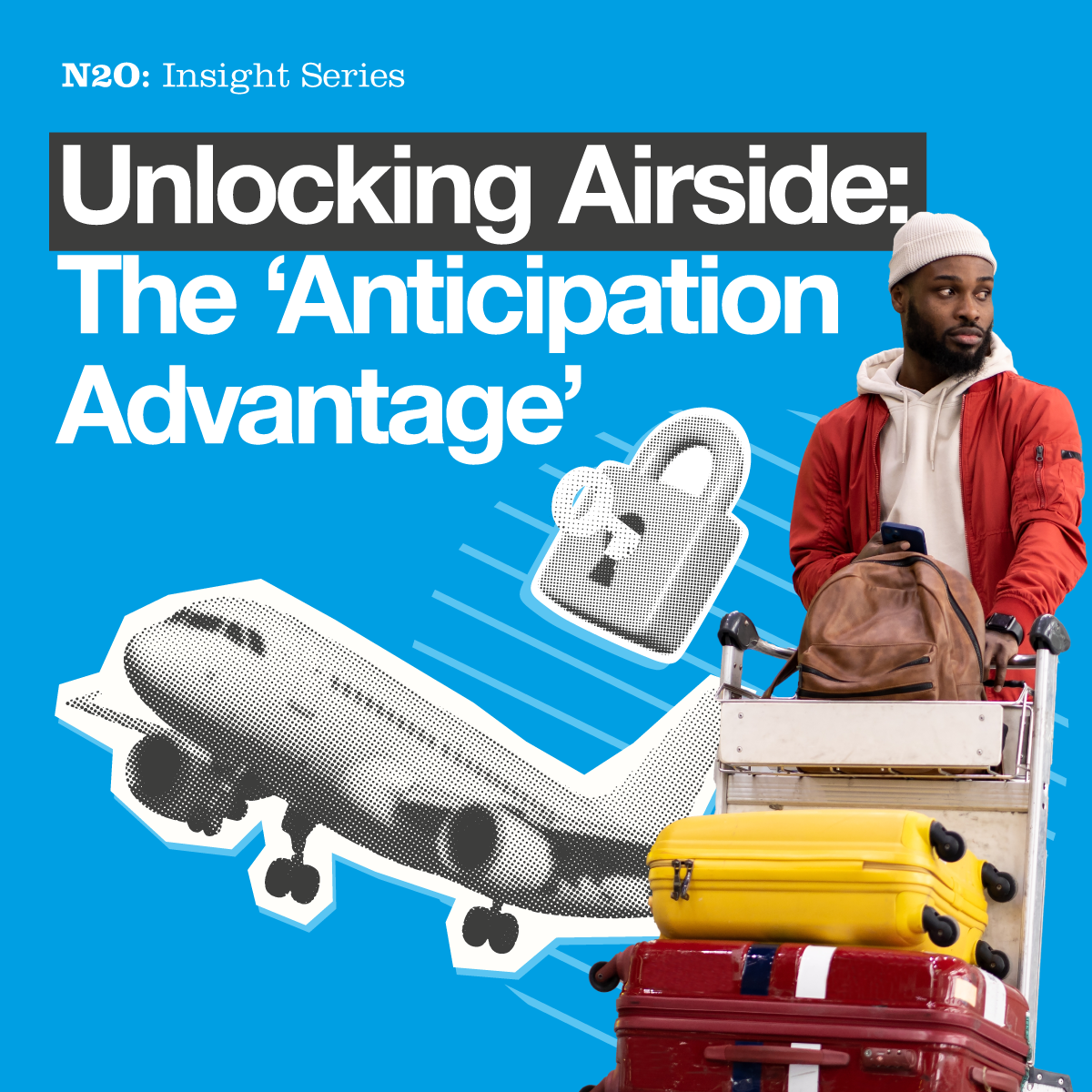
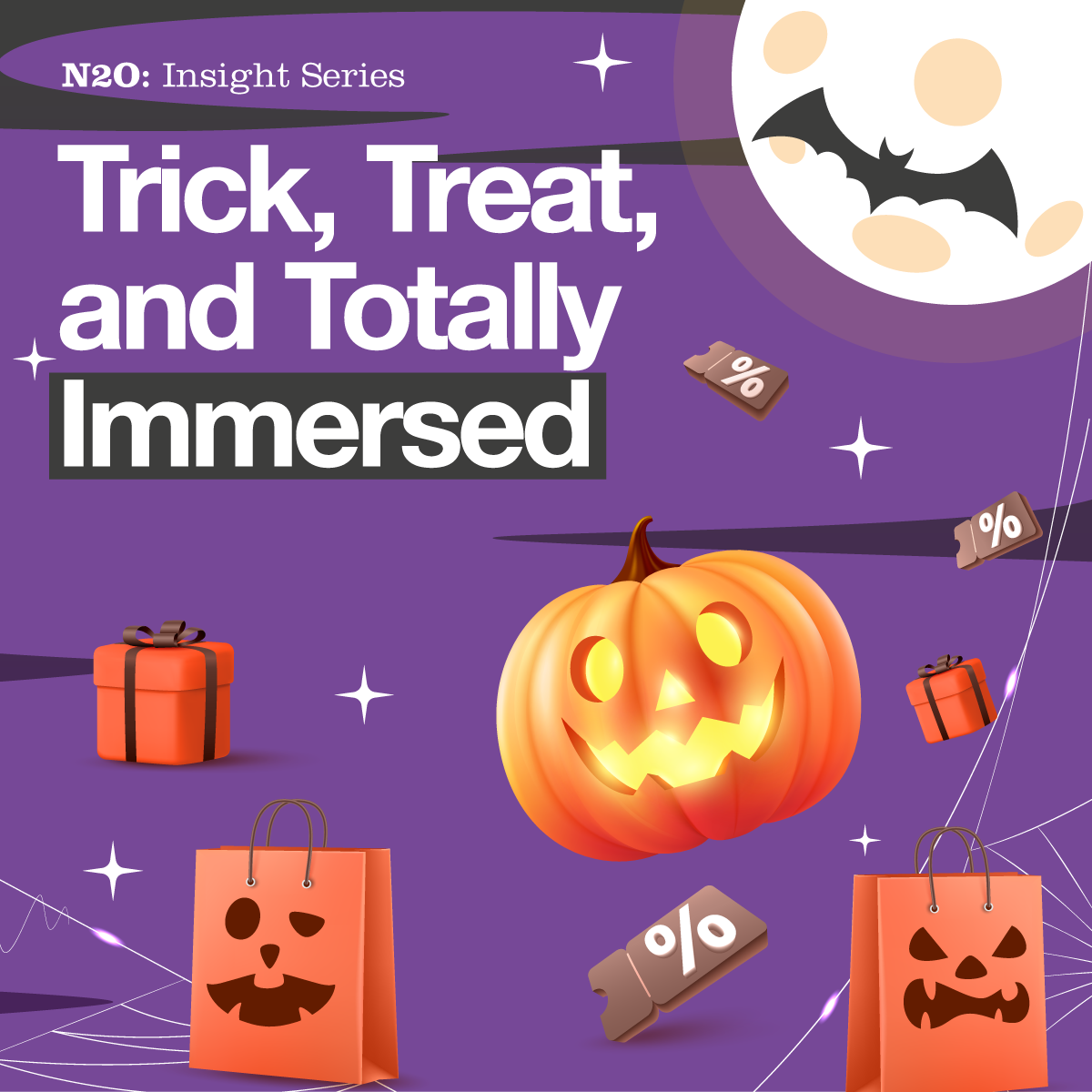
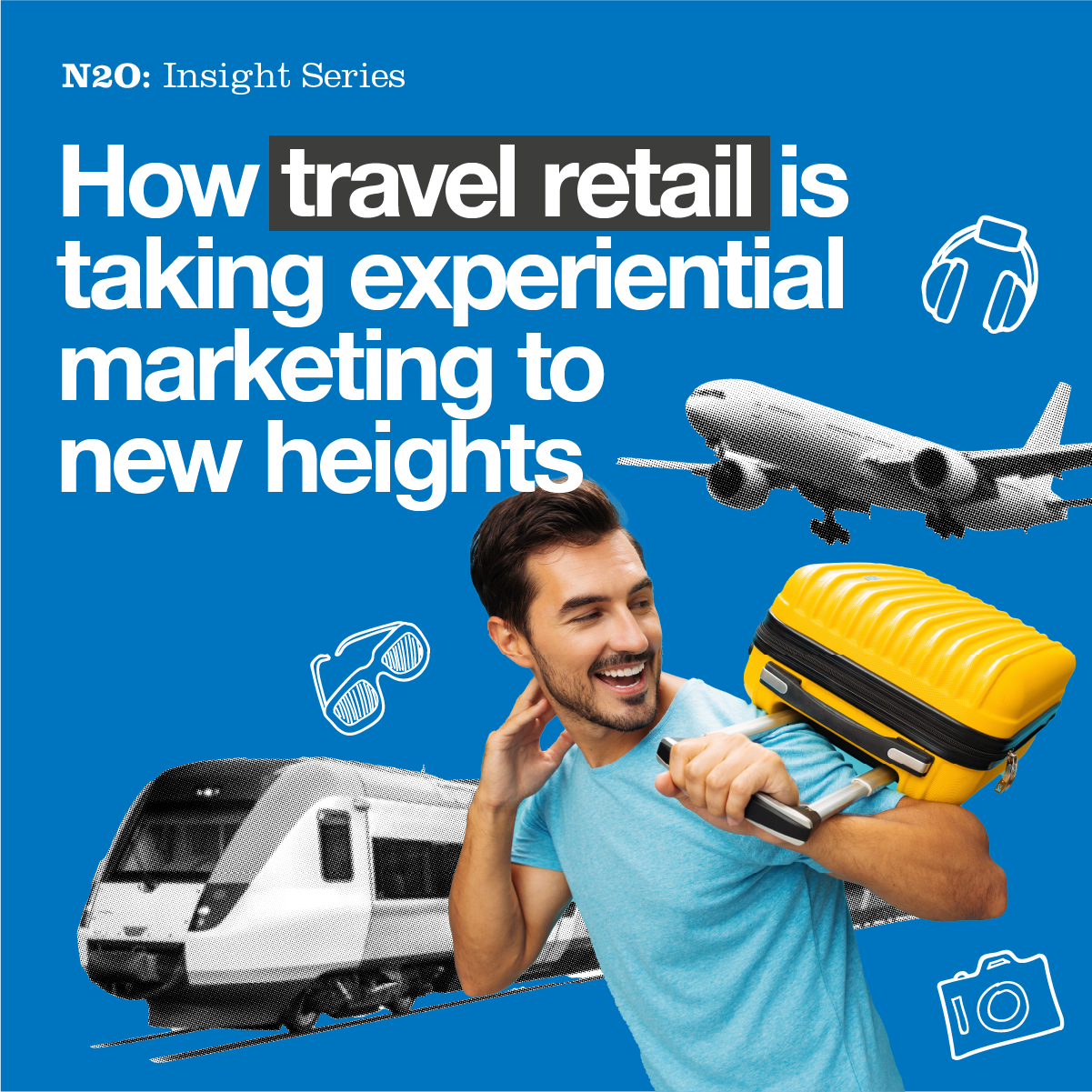
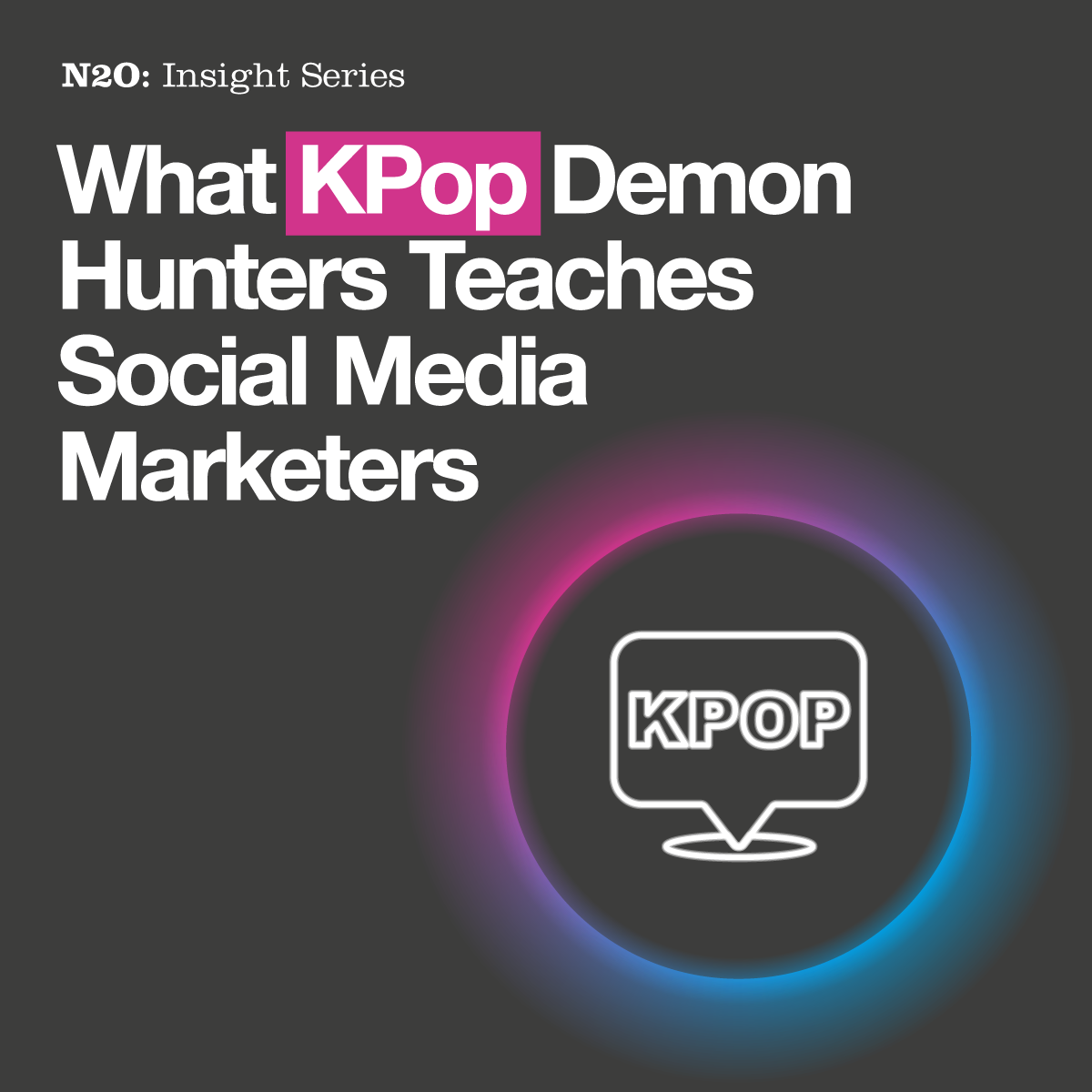
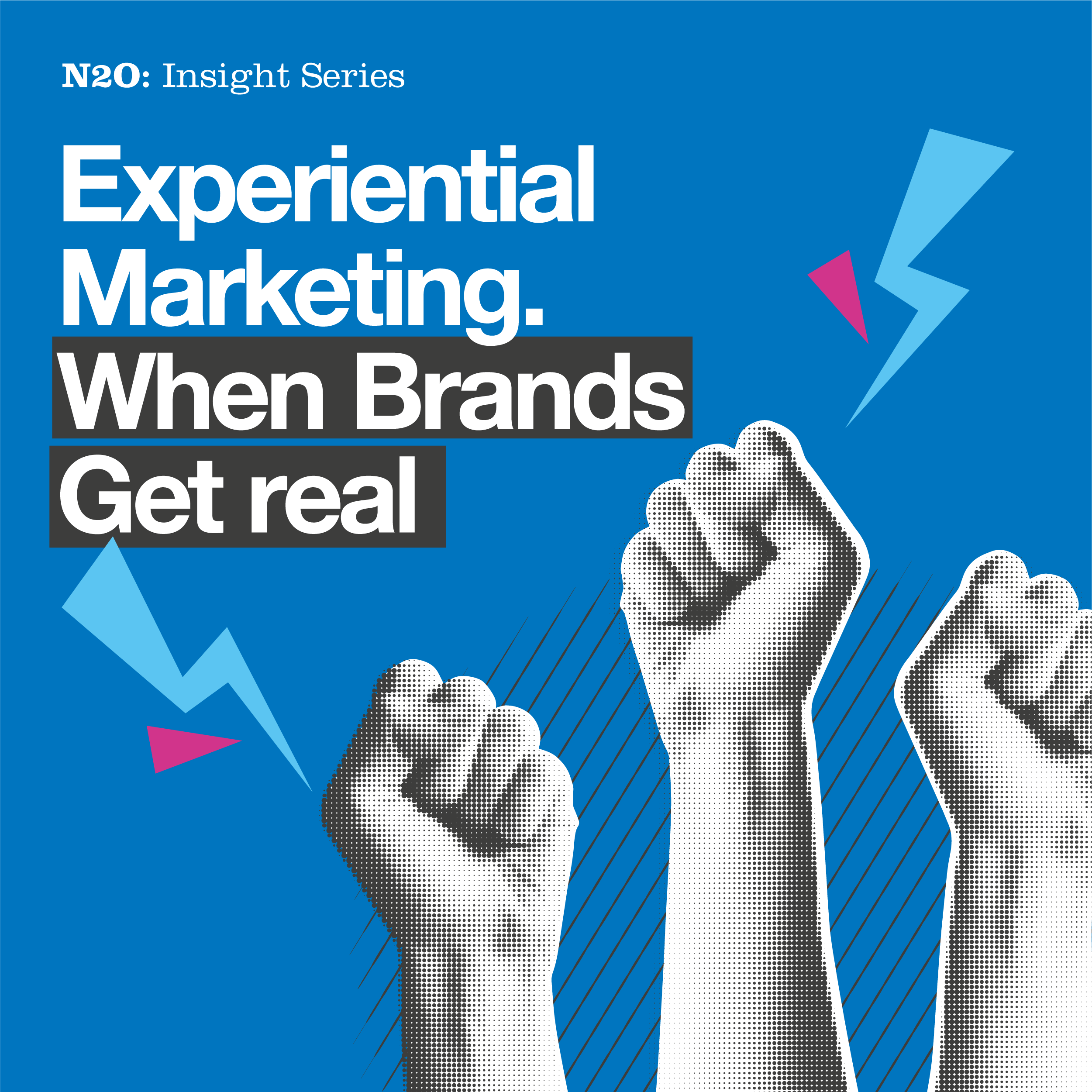


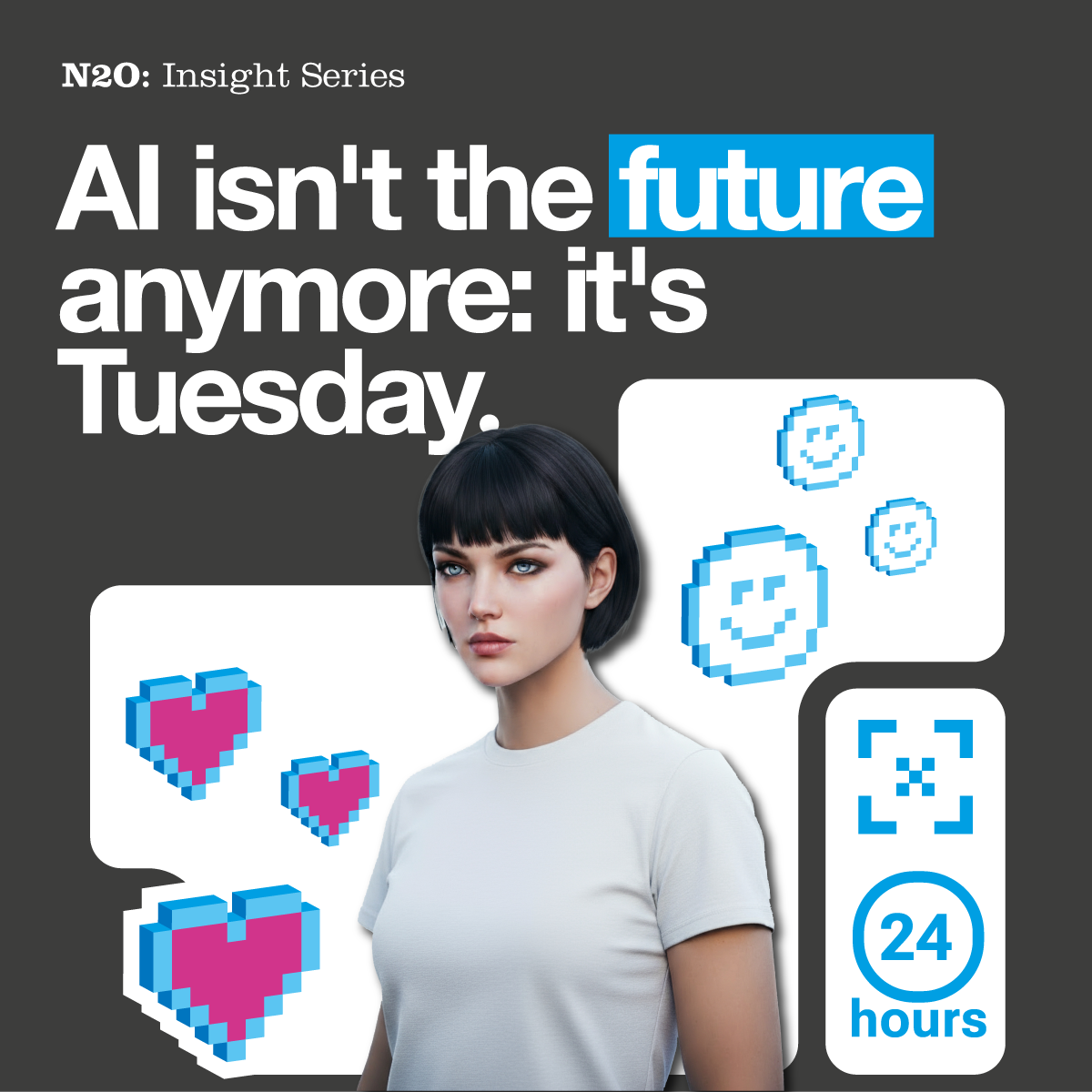
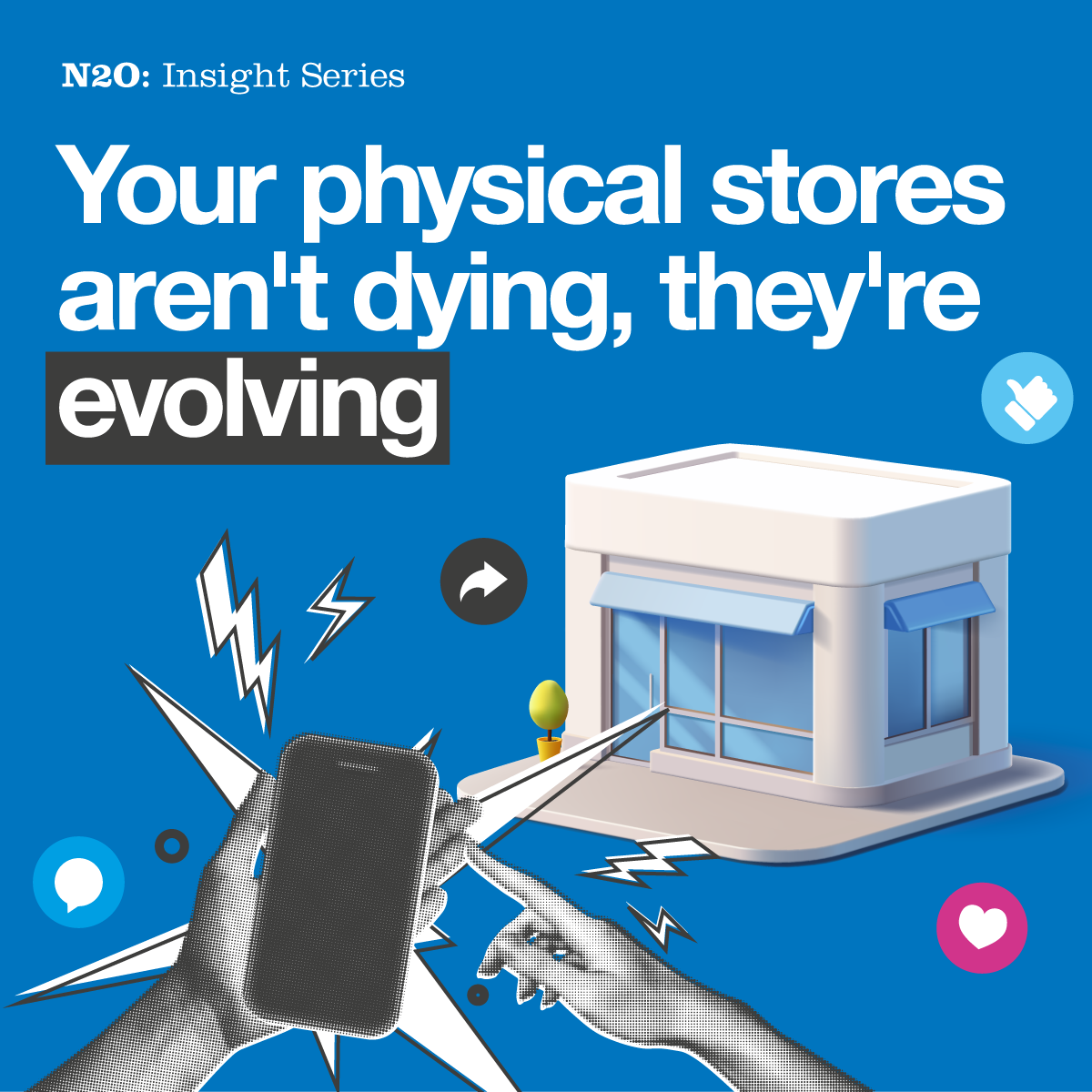

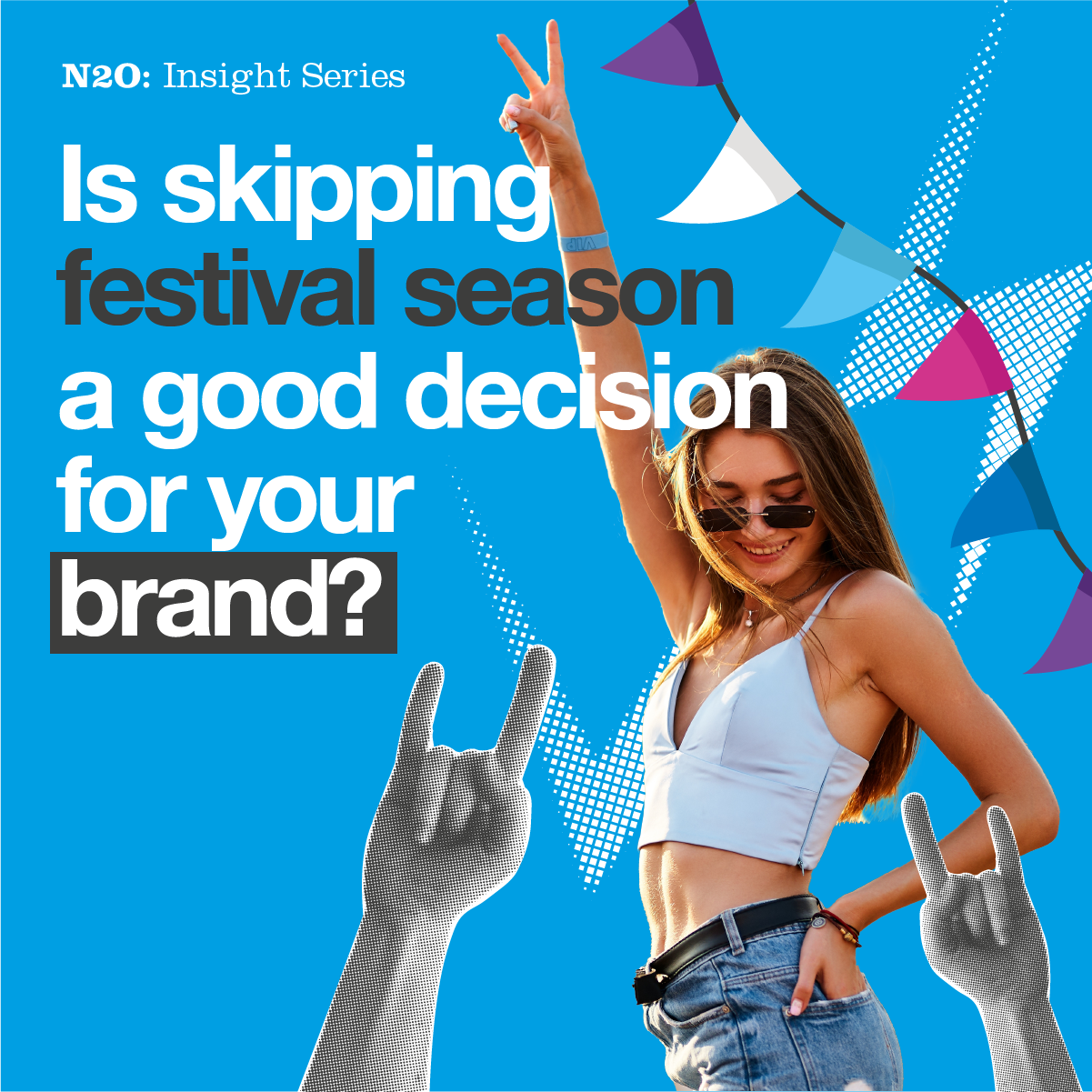
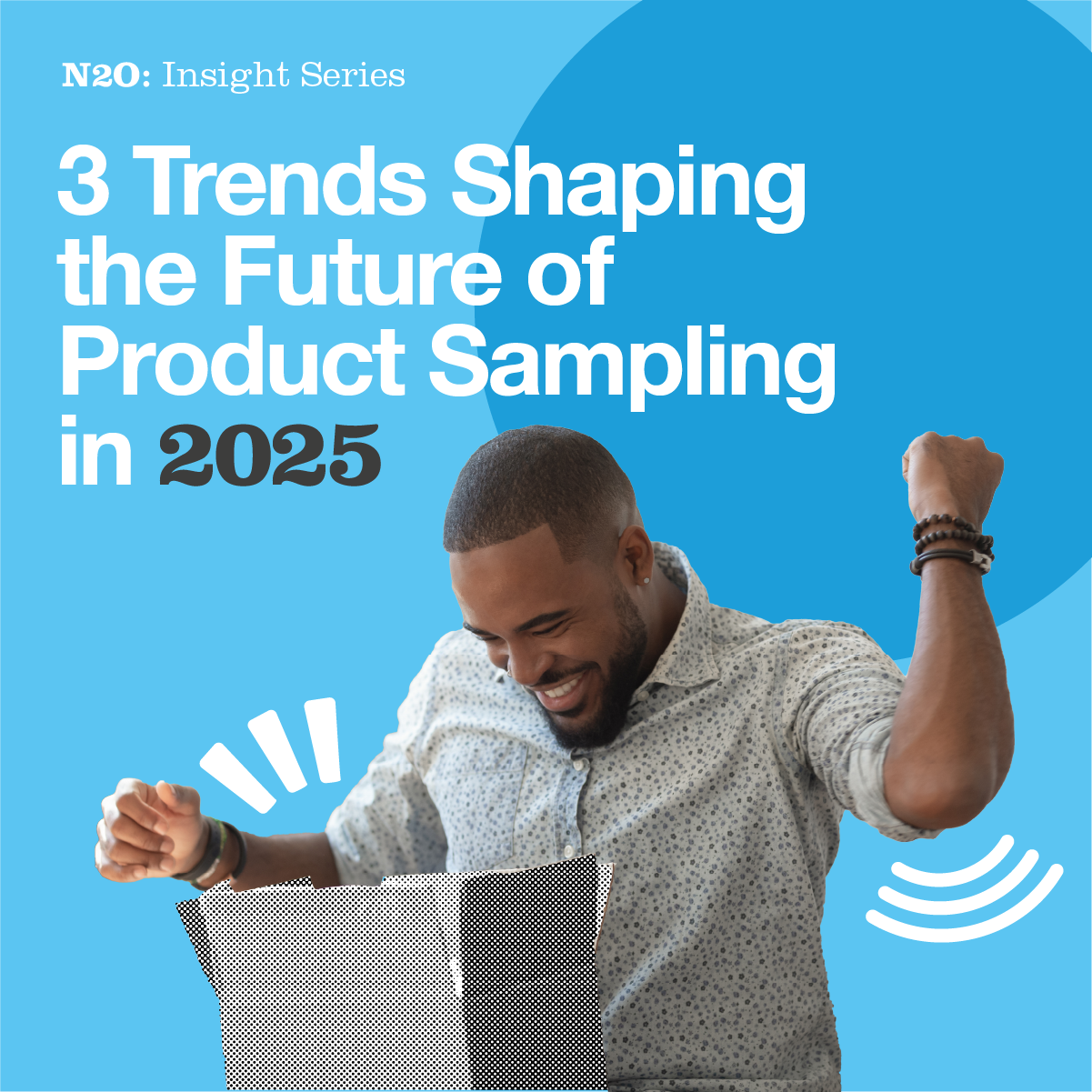
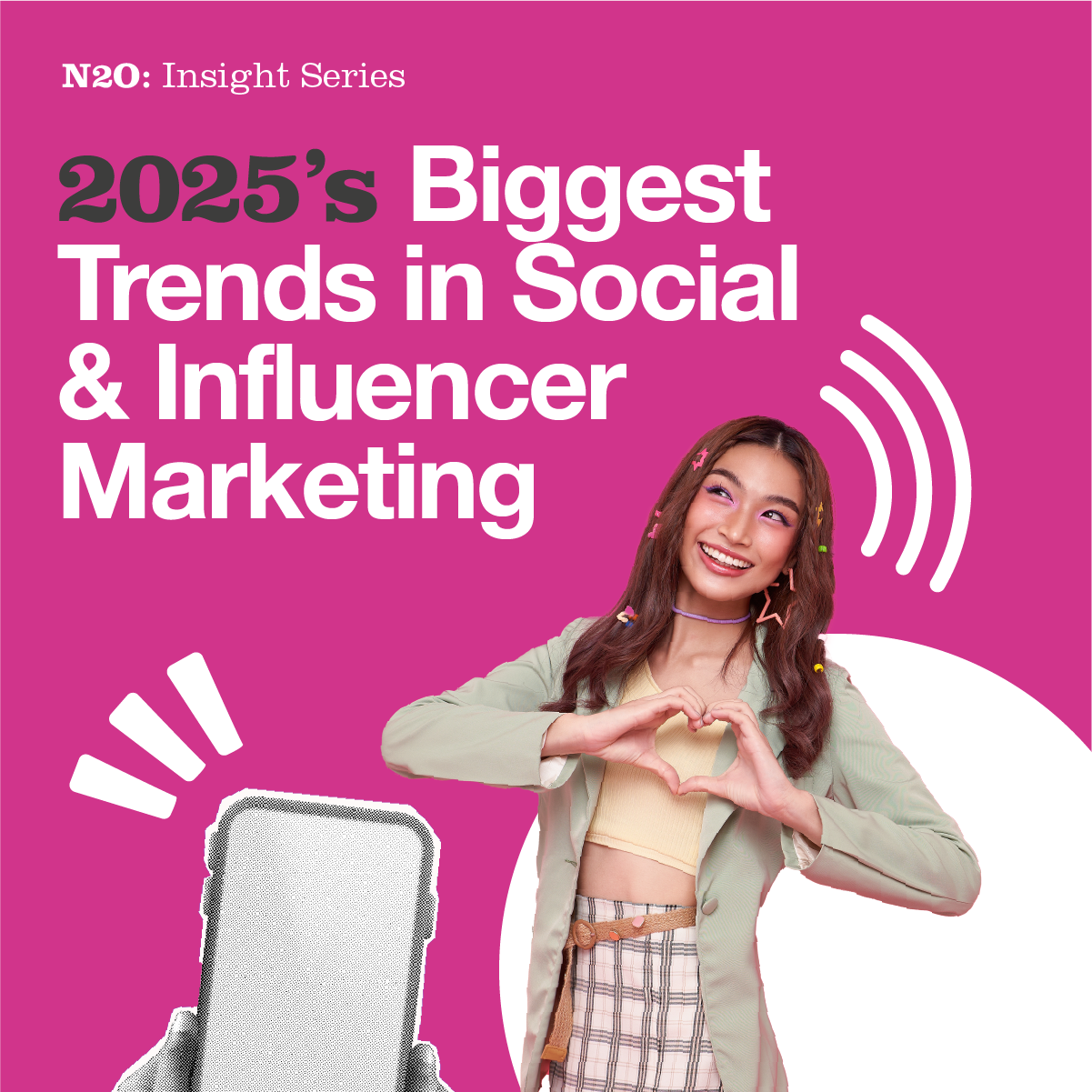
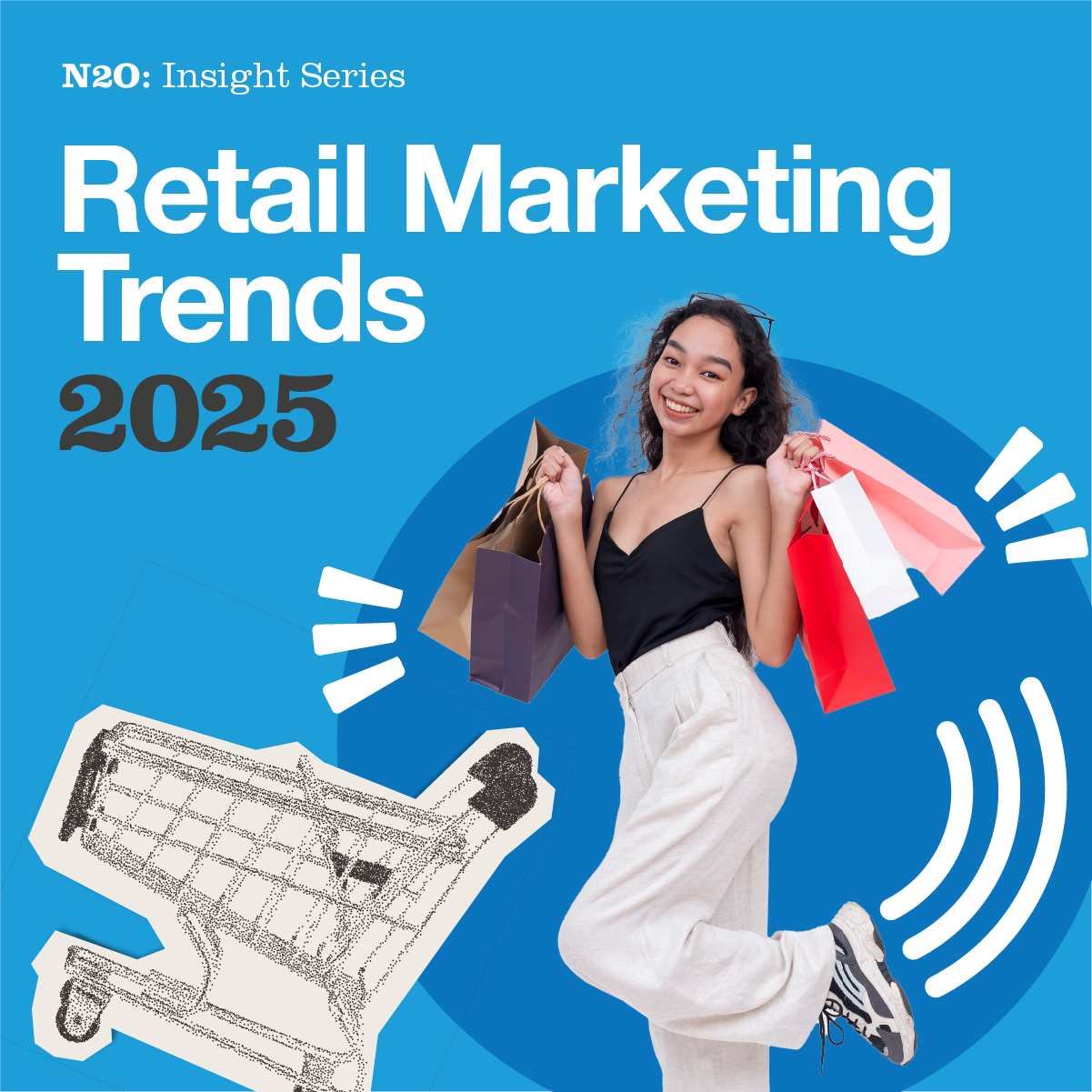
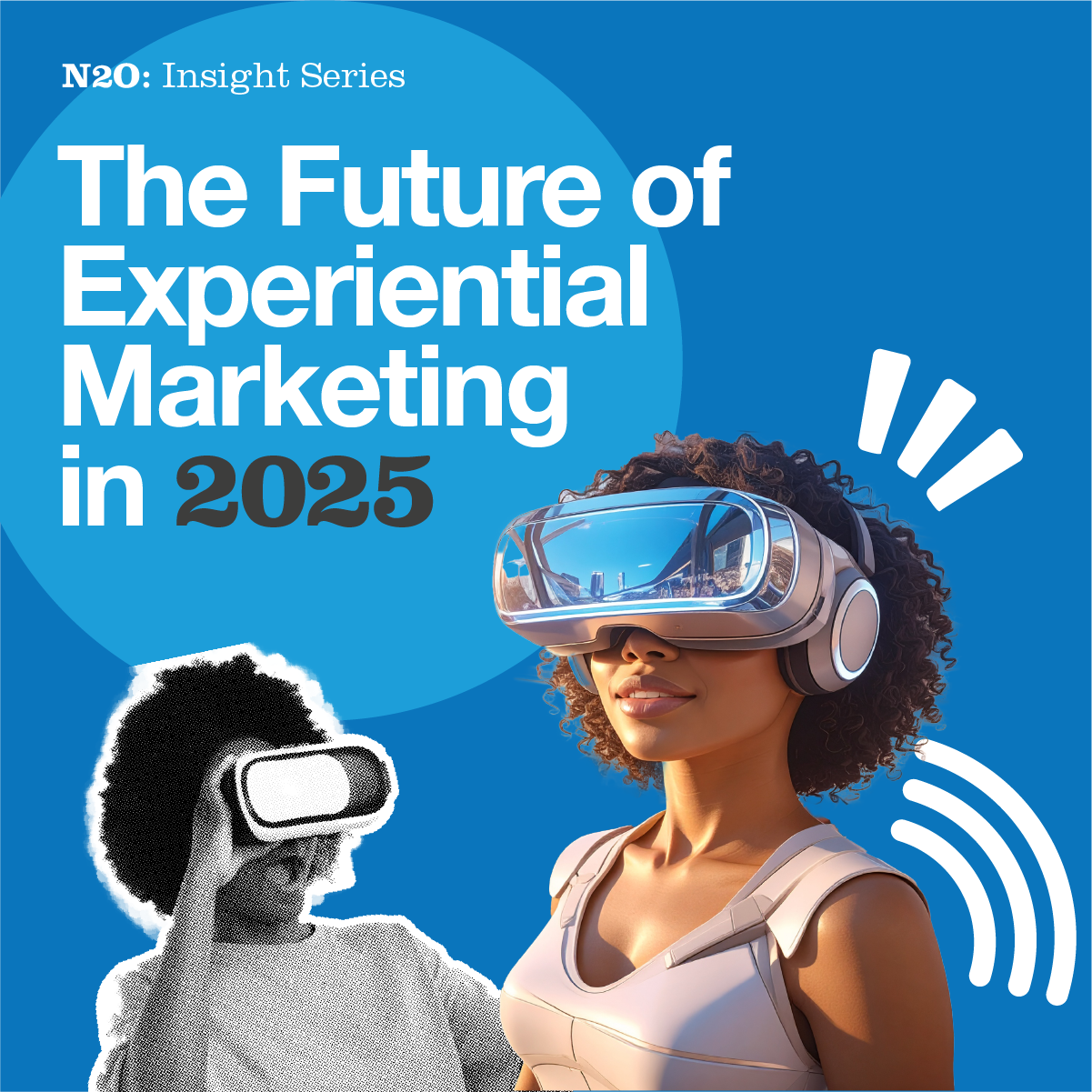
































































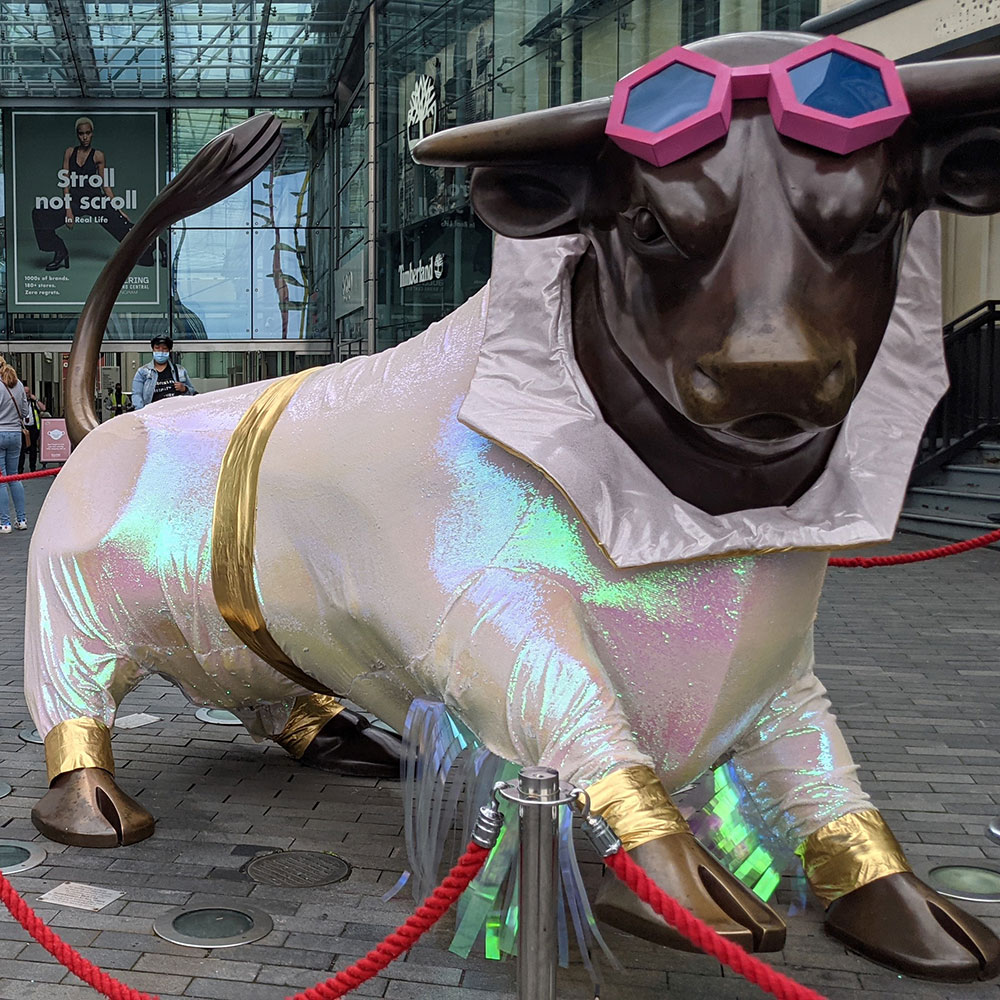


.jpg)







.jpeg)


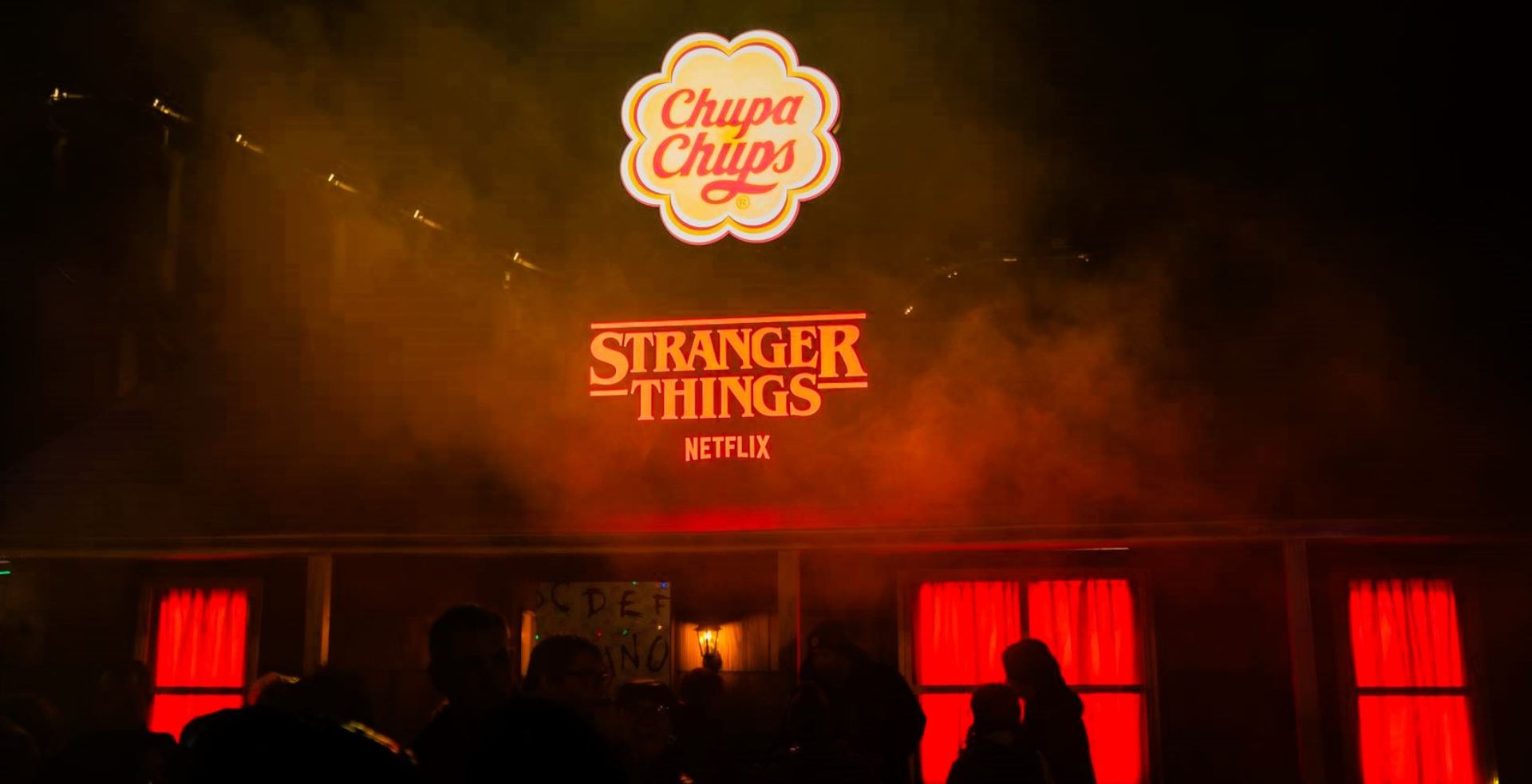
.png)


















